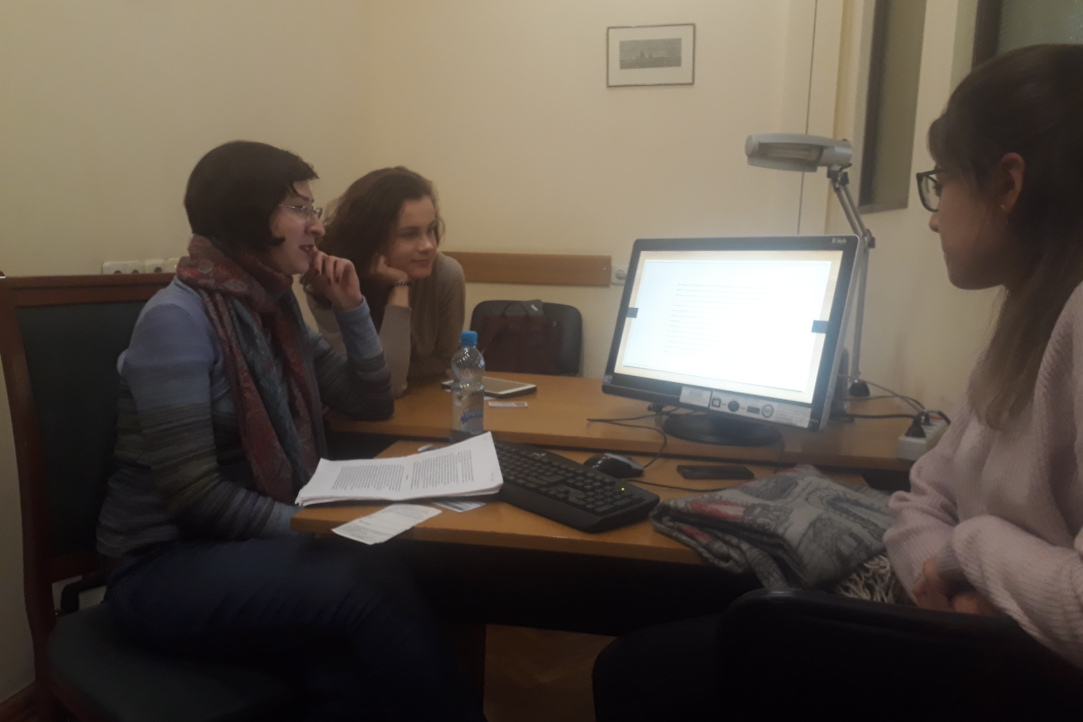Nadezhda Shmulevich’s Talk “The Motif of the Cabaret in Early Russian Film Prose”

On October 31st research team project member Nadezhda Sumulevich presented a talk on cabaret in early Russian film and film prose.
Summary:
The paper investigates the motive of cabaret in early Russian cinema and is mostly based on librettos and preserved films. Cabaret and cinema have much in common: both of them had come from the lower farce city culture, had not been taken seriously for a long time, but managed to evolve and play an important role in art and history at the turn of the two centuries. Аn anonymous author of the 1910s feuilleton wittily noted: “Women who are not able to become cabaret stars in any circumstances are not fit to be film heroines”. A cabaret plot is indeed very plastic and serves early film very well. Cabaret is connected with a city underworld and at the same time with the sphere of arts and literature, that is why it is a transitional space where any metamorphoses seem natural and everything is possible. That is why cabaret plots can be connected with different genres, including drama and farcial comedy.
